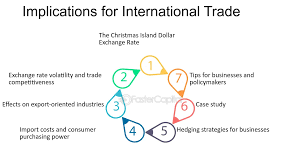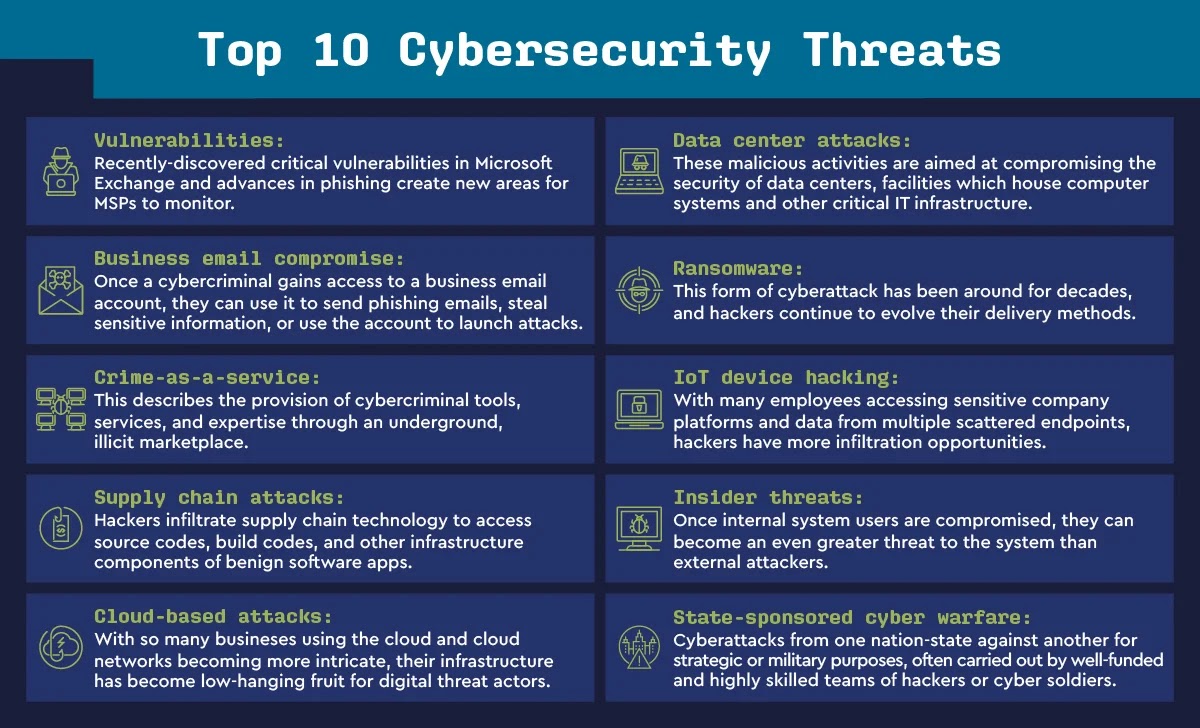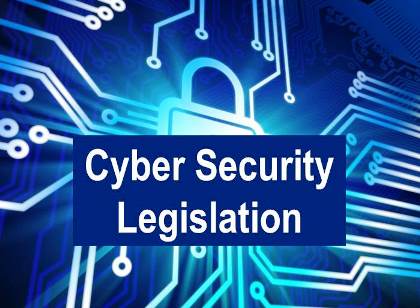Government Hacking News: What You Need to Know
Government hacking is a big topic in the news today. It refers to the actions taken by government agencies to access private or restricted information. This can include anything from monitoring online activity to breaking into computer systems. Often, governments hack to protect national security, investigate crimes, or gather intelligence. But, these actions can raise important questions about privacy, security, and the limits of government power. Understanding government hacking helps us know how our data is protected and what rights we have.
Why Governments Hack
Governments hack for several key reasons. One major reason is to prevent threats to national security. By hacking into potential threats, governments can stop attacks before they happen. For instance, they might monitor communications to find out about terrorist activities. Another reason is to investigate crimes. Sometimes, hacking helps uncover evidence for criminal investigations. Finally, governments hack to gather intelligence on other countries. This can help them understand global threats and make better decisions.
Legal and Ethical Concerns
Government hacking is not without controversy. There are legal and ethical issues that come with it. Legally, governments must follow rules and laws about privacy and surveillance. They need to have proper authorization before hacking into private systems. Ethically, hacking can be problematic if it invades people’s privacy or misuses data. There is a fine line between protecting national security and respecting individual rights. These concerns are often debated in courts and public forums.
Impact on Personal Privacy
When governments hack, personal privacy can be affected. People worry about how their private information is used and who has access to it. For example, if a government agency hacks a social media account, they might see private messages and photos. This raises questions about how much privacy people should expect and what protections are in place. Governments need to balance their need for information with the need to protect individual privacy. Transparency about how data is used and protected is crucial.
The Role of Technology in Government Hacking
Technology plays a big role in government hacking. Advanced tools and software help government agencies carry out their hacking activities. This can include everything from powerful computer programs to sophisticated cyber techniques. As technology advances, so do the methods used in hacking. This constant evolution means that governments need to stay up-to-date with the latest technology to be effective. It also means that hackers and cybercriminals are constantly finding new ways to bypass security measures.
Public Reactions and Media Coverage
The way people react to government hacking varies. Some people support it if they believe it helps keep the country safe. Others are concerned about the invasion of privacy and potential misuse of information. Media coverage of government hacking can influence public opinion. News stories might highlight successful hacking cases or report on privacy breaches. How the media portrays these events affects how people view government actions and their trust in government agencies.
International Implications

Government hacking isn’t just a national issue; it has international implications. Countries often hack each other for intelligence and security reasons. This can lead to tensions between nations. For example, one country might accuse another of hacking its systems, leading to diplomatic disputes. International laws and agreements are still developing to address these issues. It’s important for countries to work together to create rules that govern government hacking and ensure fair practices.
Public vs. Private Sector Hacking
Hacking can be conducted by both public and private sectors, and there are important differences between them. Public sector hacking is done by government agencies to achieve national security or investigative goals. Private sector hacking, on the other hand, is often carried out by individuals or companies for various reasons, such as ethical hacking to find security flaws or cybercriminal activities for financial gain. Understanding these differences helps in assessing the motivations and implications of hacking activities in different contexts.
The Role of Whistleblowers
Whistleblowers play a crucial role in exposing illegal or unethical government hacking activities. They are individuals who come forward with information about misconduct or abuse within government agencies. For example, Edward Snowden, who leaked details about NSA surveillance, is a well-known whistleblower. Whistleblowers can help reveal overreach or misuse of hacking practices, prompting public debate and policy changes. However, they often face significant risks and legal challenges. Their actions can lead to important reforms but also pose personal and professional dangers.
Future Trends in Government Hacking
The future of government hacking is likely to be shaped by several trends. As technology advances, governments will have more sophisticated tools at their disposal. This includes artificial intelligence and machine learning, which can enhance the capabilities of hacking operations. At the same time, cyber defenses will also improve, creating a constant cat-and-mouse game between hackers and security experts. Additionally, international collaboration may increase to address cross-border hacking threats. Keeping an eye on these trends helps us understand how government hacking might evolve and what new challenges might arise.
How to Protect Yourself
Knowing about government hacking is important, but it’s also crucial to know how to protect yourself. Here are some steps you can take:
- Use Strong Passwords: Create complex passwords and change them regularly.
- Enable Two-Factor Authentication: This adds an extra layer of security to your accounts.
- Be Wary of Phishing: Don’t click on suspicious links or provide personal information to unknown sources.
- Keep Software Updated: Regular updates can fix security vulnerabilities.
- Monitor Your Accounts: Regularly check your bank and online accounts for any unusual activity.
By taking these precautions, you can better safeguard your personal information against potential government hacking or other cyber threats.
Conclusion
Government hacking is a complex issue with many aspects to consider. It involves the balance between security and privacy, the role of technology, and international relations. Staying informed about government hacking helps us understand how our data is protected and what we can do to safeguard our privacy. It’s a topic that affects everyone, and being knowledgeable about it helps us make better decisions about our digital lives.



